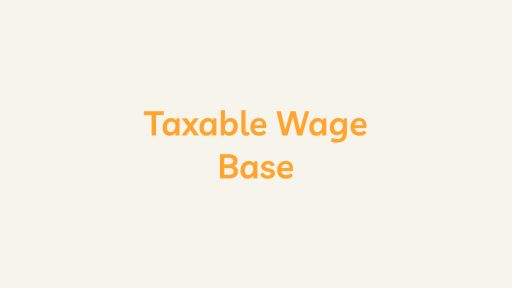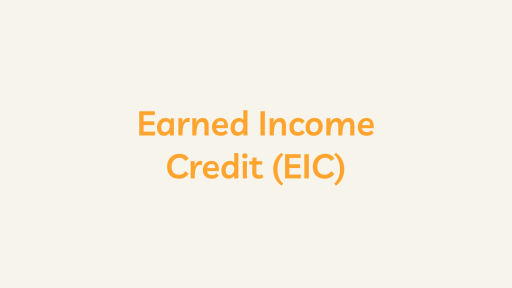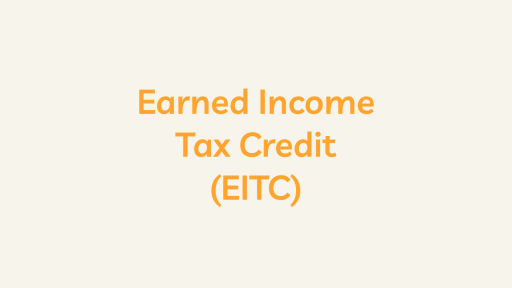Introduction
Disposable earnings, also known as discretionary income, play a crucial role in an individual’s financial well-being. This term refers to the money left over after deducting taxes and necessary expenses from one’s income. Managing disposable earnings wisely is essential for achieving financial stability, pursuing personal goals, and building a secure future.
Definition and Calculation
Disposable earnings encompass the funds available for non-essential spending and savings. To calculate them, subtract taxes and essential expenses, such as rent or mortgage payments, utilities, and groceries, from your total income. The resulting amount represents the disposable income you have at your discretion.
Factors Influencing Disposable Earnings
- Taxation: The amount of income tax deducted significantly affects disposable earnings. Understanding tax laws and optimizing your financial situation can increase your available money. Example: Investigate tax credits and deductions applicable to your situation. Contributing to retirement accounts or utilizing tax-efficient investment strategies can lower your taxable income.
- Fixed Expenses: Fixed costs like housing, utilities, and insurance are subtracted from your income before determining disposable earnings. Managing these costs efficiently is vital for maximizing discretionary income. Example: Consider refinancing your mortgage or negotiating utility bills to reduce fixed expenses. This can free up more money for discretionary spending or savings.
- Variable Expenses: Controllable expenditures, such as entertainment, dining out, and luxury items, directly impact disposable earnings. Balancing these expenses is key to maintaining financial health. Example: Create a budget that allocates specific amounts for variable expenses. This helps control discretionary spending and ensures that funds are available for more important financial goals.
Importance of Managing Disposable Earnings
- Financial Stability: Wisely managing disposable earnings contributes to overall financial stability. Building a budget that allocates funds sensibly ensures that necessary expenses are covered and savings are prioritized. Example: Establish an emergency fund to cover unexpected expenses. Having three to six months’ worth of living expenses in savings can provide a financial buffer in times of need.
- Pursuing Goals: Disposable earnings provide the flexibility to pursue personal goals, whether that involves travel, education, or investing in personal development. Proper planning allows for the realization of these aspirations. Example: Allocate a portion of your disposable income to specific savings goals, such as a vacation or education fund. This ensures that you are making progress toward your objectives.
- Emergency Preparedness: Building a financial cushion is crucial for handling unexpected expenses. Disposable earnings, when used judiciously, can be directed towards creating an emergency fund, providing a financial safety net. Example: Regularly contribute to an emergency fund and only use it for true emergencies. This fund can cover unexpected medical expenses, car repairs, or other unforeseen events without disrupting your overall financial plan.
Strategies for Maximizing Disposable Earnings
- Budgeting: Develop a comprehensive budget that outlines necessary expenses and allocates a portion of disposable earnings for savings and discretionary spending. Example: Use budgeting tools or apps to track your spending and identify areas where you can cut back. Allocate a percentage of your income to savings before considering discretionary spending.
- Reducing Debt: Prioritize paying off high-interest debts like credit cards to free up more disposable income over time. Example: Create a debt repayment plan, focusing on high-interest debts first. As you pay off debts, the money that is going towards interest payments can be redirected towards savings or other financial goals.
- Investing: Consider investing a portion of your earnings to grow wealth over the long term. Consult with a financial advisor to explore suitable investment options. Example: Explore investment opportunities such as retirement accounts, stocks, or real estate. Diversify your investments to manage risk and potentially increase your overall return on investment.
Conclusion
In conclusion, understanding and managing disposable earnings are essential to financial success. By budgeting wisely, reducing unnecessary expenses, and making strategic financial decisions, individuals can harness the power of their discretionary income to achieve their goals and build a secure future.





